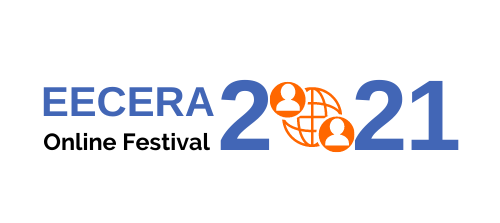Democratic Early Childhood Pedagogies
It is 50 years since Paulo Freire’s book ‘Pedagogy of the Oppressed’ (1968) was published. His thorough deconstruction of oppression in a traditional pedagogy gave rise to a later book, ‘Pedagogy of Freedom’ (1996). In this book he writes that liberation is not a given gift, but a mutual process which is world-mediated in an attempt to make education fully human and where dialogics is the essence of education as the practice of freedom. In the field of education, where some governments demand an increasing emphasis on a defined curriculum and measured outcomes, retaining appropriate pedagogical approaches can be challenging. Our understanding and interpretation of pedagogy in action depends on our world view, our values and beliefs. It also depends on the professionalism of practitioners and the commitment to transformation of teacher educators. EECERA has been promoting democratic pedagogies where respect and participation is not a given gift, but a mutual process demanding daily transformation to create a relational day to day form of living. The characteristics of different pedagogies, their contexts and realisations, and their research, will be the theme of the 30th EECERA conference.
Key questions
- What are the aims and defining characteristics of different pedagogic approaches?
- What contextual features shape and enable the success of a pedagogic approach, e.g. teacher education, professionalism, leadership, curriculum subject, resources, culture?
- What are the effects and outcomes of a pedagogy? How do we research these effects and outcomes?
Conference Strands
- Values and Value Education
- Culture, Community and Society
- ECEC Contexts, Transition and Practices
- Play and Learning
- Supporting Families in Early Years Settings
- Innovative / Alternative Approaches
- Parent Partnership in Early Years Settings
- Professionalism and Pedagogues / Educators Role
- National Curricula in ECEC
- Paradigms, Theories and Methodologies for Working with Young Children
- National and International Research in ECEC
- The Present and the Future of Child-centred Practice
- The Child and Local Community
- Quality Early Childhood Education
- The Relationship of Home Learning Environment and Local Community
- Children’s Policy
- The Role of Families’ Cultural and Social Traditions

